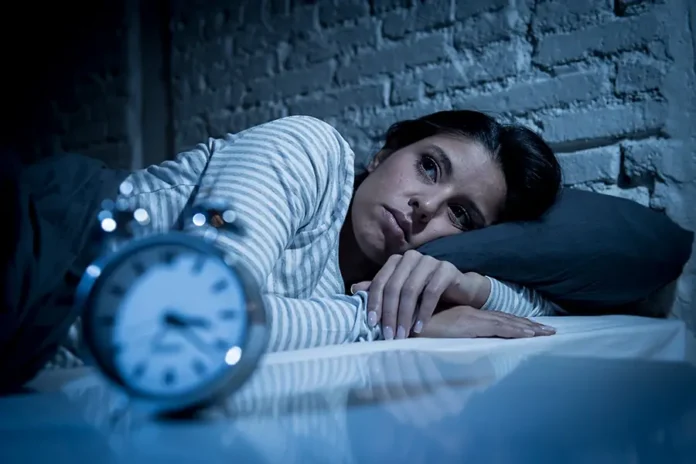Constant fatigue and sleeplessness can often be associated with a deficiency or imbalance of melatonin, a hormone responsible for regulating the sleep-wake cycle. Let’s explore this in detail:
What is Melatonin?
Melatonin is a hormone produced by the pineal gland in the brain. It regulates the body’s circadian rhythm, which is your internal clock that governs sleep and wakefulness.
Signs of Melatonin Deficiency
- Trouble Falling Asleep: Difficulty initiating sleep, even when you feel tired.
- Frequent Wakeups: Waking up multiple times during the night.
- Fatigue During the Day: Feeling constantly tired despite enough sleep hours.
- Mood Changes: Increased irritability, anxiety, or depressive symptoms.
- Reduced Sleep Quality: Sleep feels unrefreshing.
Causes of Melatonin Deficiency
- Excessive Exposure to Light: Blue light from screens suppresses melatonin production.
- Irregular Sleep Schedule: Staying up late or inconsistent bedtime routines.
- Chronic Stress: High cortisol levels can inhibit melatonin synthesis.
- Aging: Melatonin production naturally decreases with age.
- Medical Conditions: Sleep disorders, such as insomnia or delayed sleep phase syndrome.
How to Address Melatonin Deficiency?
- Optimize Sleep Hygiene:
- Stick to a regular sleep schedule.
- Avoid screens for 1–2 hours before bed.
- Create a dark, quiet, and cool sleeping environment.
- Natural Ways to Boost Melatonin:
- Diet: Eat foods rich in melatonin, such as cherries, bananas, tomatoes, and walnuts.
- Supplements: Melatonin supplements can help in certain cases but should be used under medical supervision.
- Lifestyle Adjustments:
- Practice relaxation techniques like meditation or yoga.
- Limit caffeine and alcohol, especially in the evening.
- Get sunlight exposure during the day to reset your circadian rhythm.
- Consult a Doctor: If symptoms persist, medical conditions such as thyroid issues, adrenal fatigue, or sleep apnea should be ruled out.
Key Takeaway
Melatonin deficiency might be a hidden culprit behind fatigue and sleeplessness. By identifying the root causes and making necessary lifestyle changes, you can restore balance. If these adjustments don’t help, consult a healthcare professional for a comprehensive evaluation.



